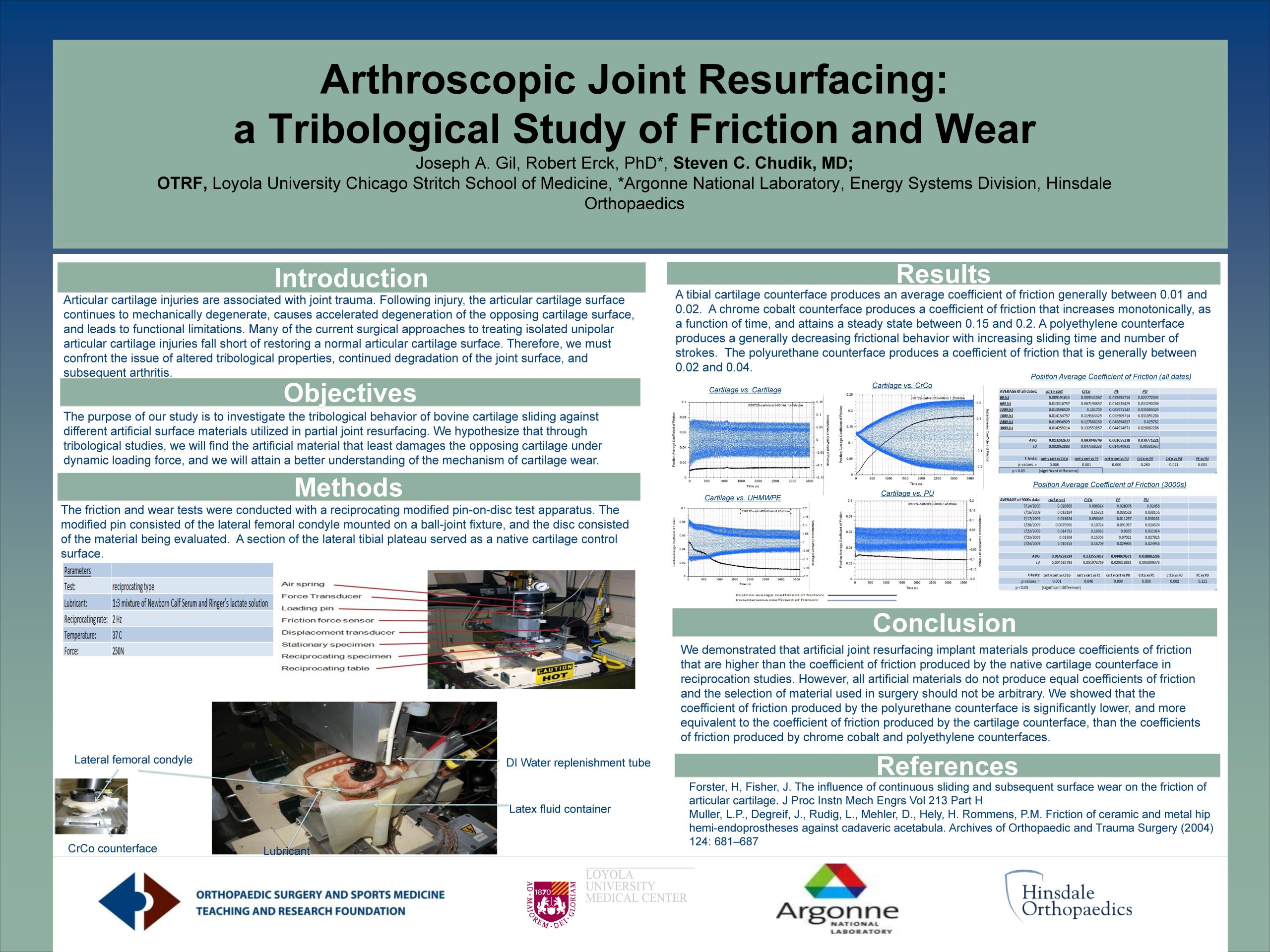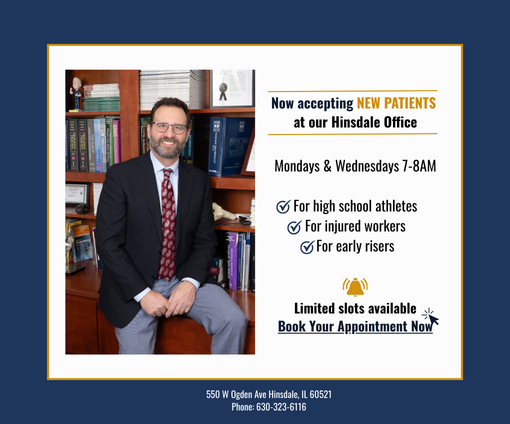 A race against time: Frantz's passion versus prudence
A race against time: Frantz's passion versus prudence
Articular cartilage injuries are associated with joint trauma. Following injury, the articular cartilage surface continues to mechanically degenerate, causes accelerated degeneration of the opposing cartilage surface, and leads to functional limitations. Many of the current surgical approaches to treating isolated unipolar articular cartilage injuries fall short of restoring a normal articular cartilage surface. Therefore, we must confront the issue of altered tribological properties, continued degradation of the joint surface, and subsequent arthritis.
We demonstrated that artificial joint resurfacing implant materials produce coefficients of friction that are higher than the coefficient of friction produced by the native cartilage counterface in reciprocation studies. However, all artificial materials do not produce equal coefficients of friction and the selection of material used in surgery should not be arbitrary. We showed that the coefficient of friction produced by the polyurethane counterface is significantly lower, and more equivalent to the coefficient of friction produced by the cartilage counterface, than the coefficients of friction produced by chrome cobalt and polyethylene counterfaces.
Learn More
 “Lower body” hockey injury needed delicate hamstring surgery, lengthy recovery and determination for Edwards to return to activities
“Lower body” hockey injury needed delicate hamstring surgery, lengthy recovery and determination for Edwards to return to activities
Dr Steven Chudik founded OTRF in 2007 to keep people active and healthy through unbiased education and research. Click to learn about OTRF’s free programs, educational opportunities and ways to participate with the nonprofit foundation.
1010 Executive Ct, Suite 250
Westmont, Illinois 60559
Phone: 630-324-0402
Fax: 630-920-2382
(New Patients)
550 W Ogden Ave
Hinsdale, IL 60521
Phone: 630-323-6116
Fax: 630-920-2382
4700 Gilbert Ave, Suite 51
Western Springs, Illinois 60558
Phone: 630-324-0402
Fax: 630-920-2382

© 2025 © 2019 Copyright Steven Chudik MD, All Rights Reserved.

